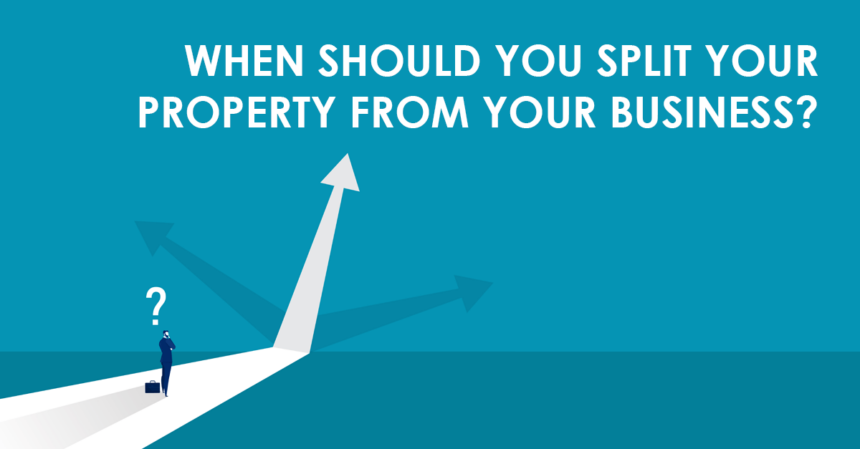There are several potential reasons to separate commercial premises’ ownership from the business; including safeguarding assets, future succession ambitions, or even to enhance cashflow. Whatever the reason, tax will always be an important consideration.
‘Ring-fencing’ assets
If there is simply a desire to protect key assets (such as property) from adverse trading risk, it may be beneficial to establish a new holding company to ‘sit on top of’ a trading company.
Subject to careful planning, insertion of the holding company and the property transfer itself should be feasible without immediate tax implications.
Pension transfer
Further segregation could be achieved via transfer to a sufficiently well-funded pension scheme – with the pension scheme acquiring the property from the business.
As well as ring-fencing the asset, this could provide cashflow for the business. Careful thought needs to be given to the corporation tax payable (on any increase in value of the property), VAT and Stamp Duty Land Tax (SDLT) – all of which can be positively planned around.
Succession planning
If thought is being given to the future ownership of the business (whether in the form of a sale, buy-out or otherwise), separate consideration may also need to be given to the future of the property. A potential buyer may already have their own premises, equally the seller(s) may want to prolong ownership of the premises personally. There are a number of ways of achieving this separation pre-sale transaction, all of which need careful tax navigation and comparison.
How we can help
If you would like to discuss the ownership structure of your business premises, contact our tax team on 01788 539000 or 0116 261 0061.
Read more of our blog articles here: https://www.magma.co.uk/blog
